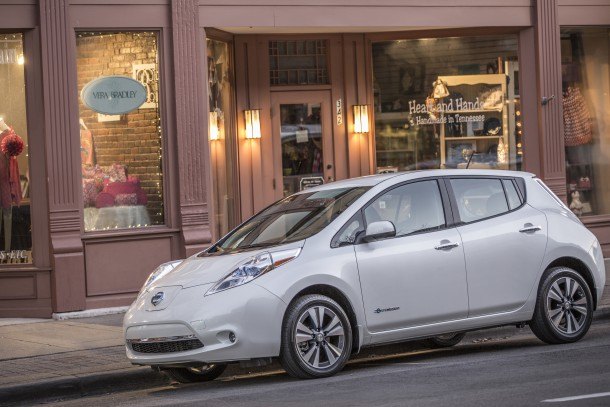#BatteryPacks
Europe Developing 'Battery Passport' for EVs
A group of German automakers, chemical concerns, and battery producers have announced the joint development of a “battery passport” designed to help government regulators trace the history of the cells. The consortium is funded by the German government and is supposed to work in tandem with new battery regulations that are being prepared by the European Union.
According to the German economic ministry, officially the Federal Ministry for Economic Affairs and Climate Action, the overarching plan is for the EU to mandate traceable hardware be installed in all batteries used in the continent by 2026. Those intended for use in electric vehicles are up first, with the passport scheme also serving to chronicle everything from the vehicle’s repair history to where the power cell’s raw materials were sourced.
General Motors Hips Early EV Adopters to Potential Battery Failure in the Bolt
General Motors has informed a small number of owners of its Chevrolet Bolt EV about a battery issue that could cause a sudden loss of propulsion. Some of the early Bolt models may incorrectly report the estimated remaining range at lower states of charge due to potentially faulty cells, resulting in the car stopping abruptly.
The automaker says less than 1 percent of Bolts sold to date are likely to face the problem, and GM is currently arranging repairs for the affected cars. Ideally, the faulty cells are the result of an isolated manufacturing defect and not the result of some widespread wonky battery chemistry.
General Motors Announcing Entry Into Stationary Energy Storage Next Week
Forging a different path than rival Tesla, General Motors will announce its entry into the stationary energy storage market next Tuesday.
2016 Nissan Leaf Expected To Receive Larger Battery, Small Range Boost
Consumers looking for a new Nissan Leaf may soon have the option for a better battery with improved range on certain trims.
Study: Battery Pack Costs Fell 14 Percent Annually Over Seven Years
Though the most expensive part of an EV or PHEV is its battery pack, a new study shows those costs are falling at a hefty clip.
Samsung SDI Buys Battery-Pack Business From Magna
Digging further into the auto-parts game, Samsung SDI announced it would buy Magna International’s battery-pack business.
Credit Suisse Picks Tesla As One Of Its Favorites For 2015
Looking for new stock to add to your portfolio in 2015? Credit Suisse has one for your consideration: Tesla.





















Recent Comments